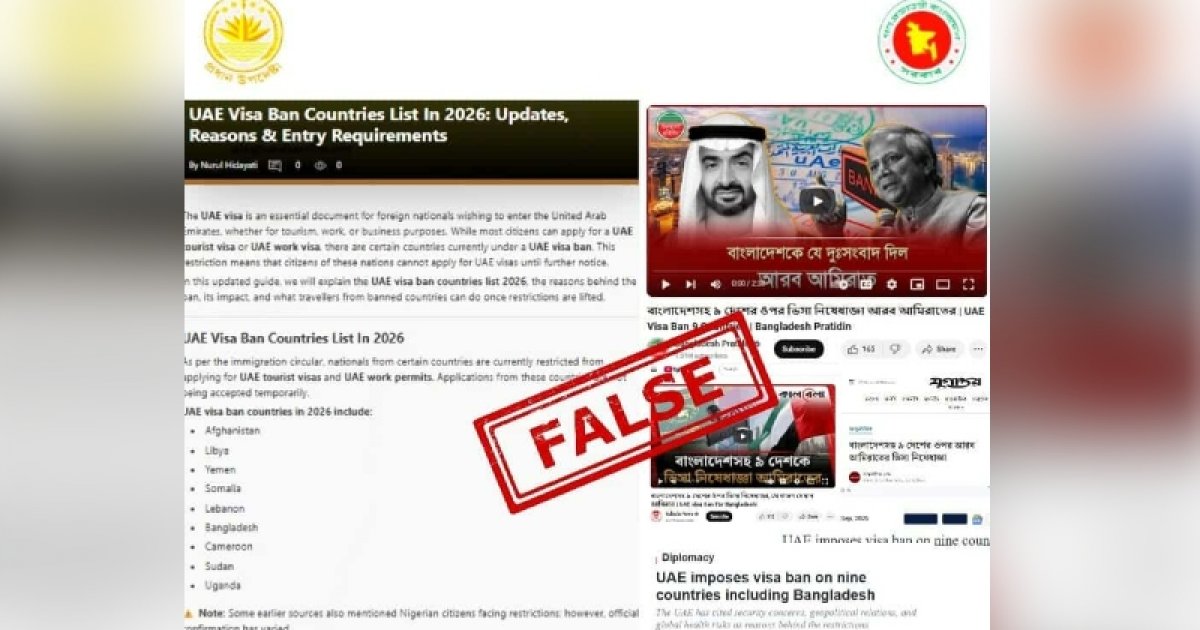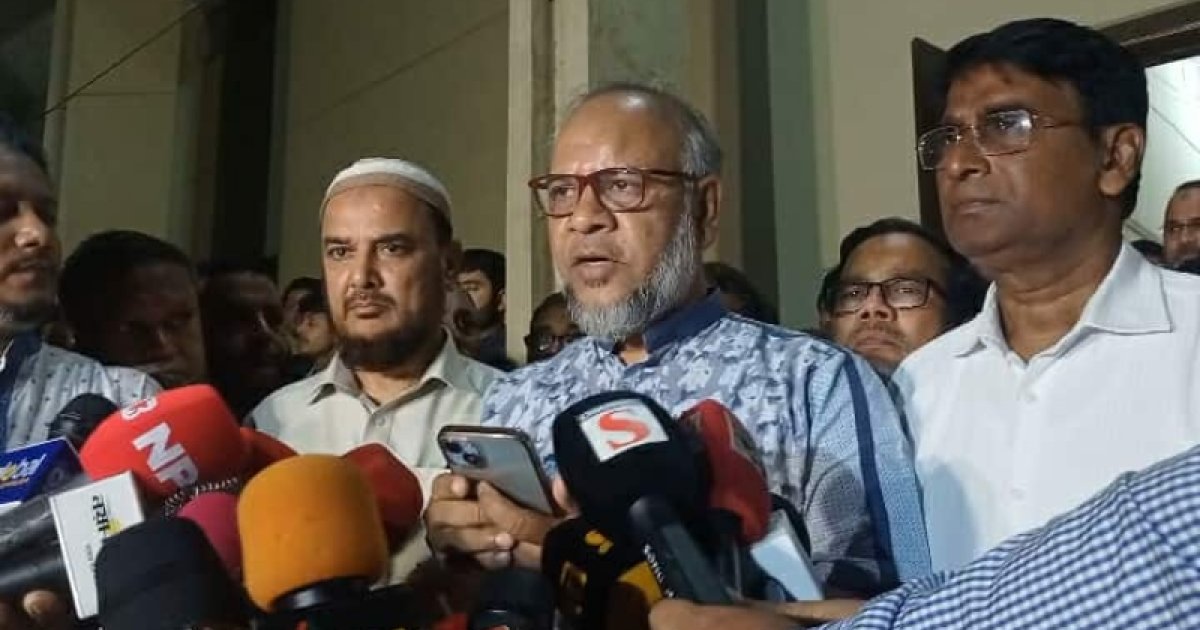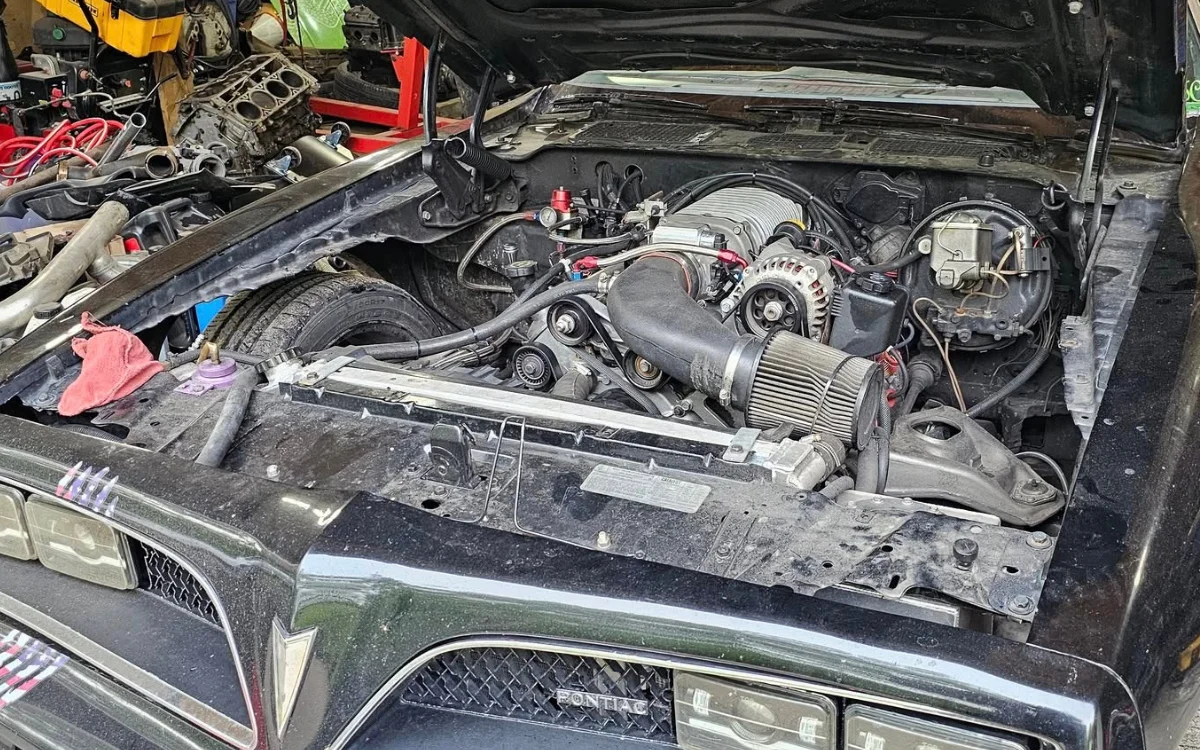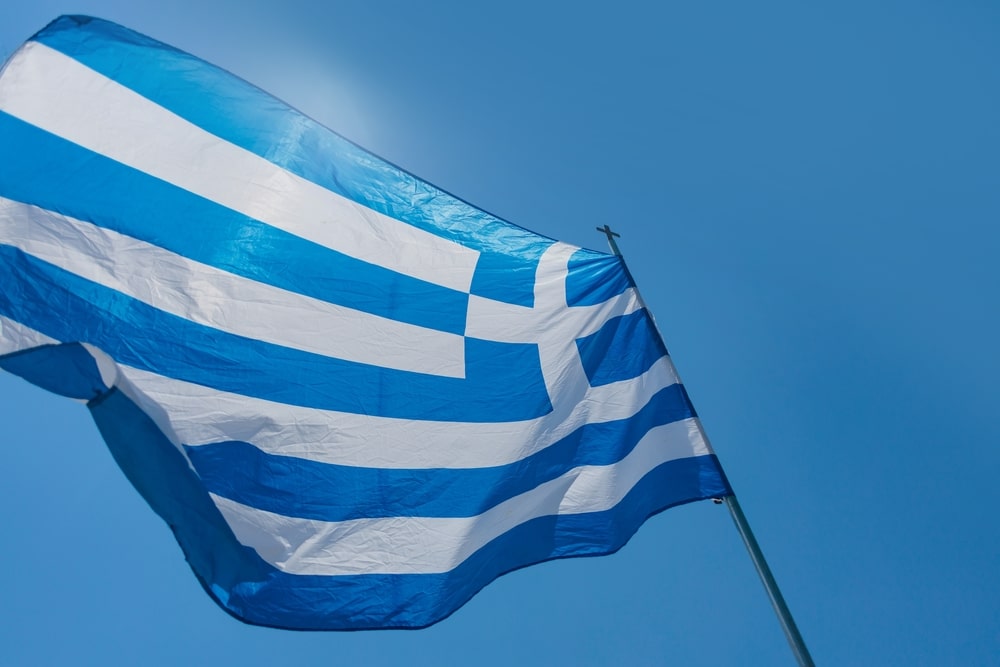Stablecoins and Korea: Tokenized Securities Race Heats Up
The post Stablecoins and Korea: Tokenized Securities Race Heats Up appeared on BitcoinEthereumNews.com. Korea accelerates the regulation of stablecoin, tokenized securities to 2025. Hong Kong establishes high standards of stablecoins, increasing the level of crypto in Asia. The law in Korea is fueled by US and UK crypto regulations. The financial market of stablecoins and tokenized securities is reshaping due to new regulations. Increasing cryptocurrency laws across the globe have prompted the political leaders of Korea to move with haste. What was once a side note, stablecoins are now front and center in innovation roadmaps and policy action. Stablecoin is the lead keyword. Lawmakers were inspired by recent actions in Hong Kong and the United States. The Democratic Party of Korea gave a deadline of 2025 to establish clear regulations on stablecoins, and the team of President Lee Jae Myung supports haste. Korea is interested in leading digital finance with a new push on won-based stablecoins. Eight major banks formed a joint stablecoin consortium. The Bank of Korea also changed its approach, as it currently pays more attention to stablecoins rather than central bank digital currency. Hong Kong’s Bold Launch Puts Pressure on Asia On August 1, 2025, the legal structure for stablecoin issuers went live. The Hong Kong Monetary Authority (HKMA) released massive new guidelines. These regulations prescribe the way the issuers need to handle reserves, maintain financial stability, provide risk management, and comply with elaborate cybersecurity requirements. The minimum paid-up capital required of all issuers is currently HK$25 million. The HKMA also issued a rigorous anti-money laundering (AML) compliance requirement when it comes to transaction monitoring and wallet screening via blockchain analytics. HKMA stressed, “Issuers must complete risk checks. They must prove that they can identify suspicious transactions and that they are familiar with their customers.” The issuers must further conform to the so-called Travel Rule and relay data during the…

The post Stablecoins and Korea: Tokenized Securities Race Heats Up appeared on BitcoinEthereumNews.com.
Korea accelerates the regulation of stablecoin, tokenized securities to 2025. Hong Kong establishes high standards of stablecoins, increasing the level of crypto in Asia. The law in Korea is fueled by US and UK crypto regulations. The financial market of stablecoins and tokenized securities is reshaping due to new regulations. Increasing cryptocurrency laws across the globe have prompted the political leaders of Korea to move with haste. What was once a side note, stablecoins are now front and center in innovation roadmaps and policy action. Stablecoin is the lead keyword. Lawmakers were inspired by recent actions in Hong Kong and the United States. The Democratic Party of Korea gave a deadline of 2025 to establish clear regulations on stablecoins, and the team of President Lee Jae Myung supports haste. Korea is interested in leading digital finance with a new push on won-based stablecoins. Eight major banks formed a joint stablecoin consortium. The Bank of Korea also changed its approach, as it currently pays more attention to stablecoins rather than central bank digital currency. Hong Kong’s Bold Launch Puts Pressure on Asia On August 1, 2025, the legal structure for stablecoin issuers went live. The Hong Kong Monetary Authority (HKMA) released massive new guidelines. These regulations prescribe the way the issuers need to handle reserves, maintain financial stability, provide risk management, and comply with elaborate cybersecurity requirements. The minimum paid-up capital required of all issuers is currently HK$25 million. The HKMA also issued a rigorous anti-money laundering (AML) compliance requirement when it comes to transaction monitoring and wallet screening via blockchain analytics. HKMA stressed, “Issuers must complete risk checks. They must prove that they can identify suspicious transactions and that they are familiar with their customers.” The issuers must further conform to the so-called Travel Rule and relay data during the…
What's Your Reaction?








































